Accra Call Pledges
The GC3B is delighted to announce the pledges of the following countries and organizations for the Accra Call for Cyber Resilient Development: An Action Framework, a milestone in the cyber capacity building landscape which provides a blueprint to mainstream global action for cyber resilient development.
We thank all stakeholder for their pledges, contributing through valuable contributions and support to ensure a free, open and secure digital future for all.
Interested in joining the organizations below in support of the Accra Call?
Submit your support for the Accra Call here.
CREST’s pledge in support of Action 2:
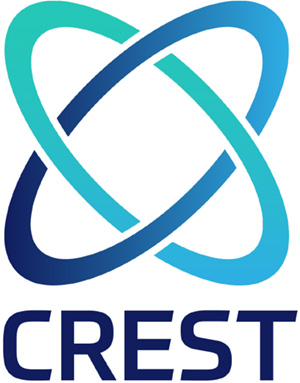
- We, CREST, commit to play our part in demand-driven, effective, and sustainable cyber capacity building by:
- helping to close the cyber skills gap & supporting work to professionalise the cybersecurity community
- providing a robust and sustainable way of measuring cyber capacity building through both company and individual quality assurance
- providing affordable and accessible services in developing countries
The United Nations Office on Drugs and Crime (UNODC) in support of Action 2

- We, The United Nations Office on Drugs and Crime (UNODC) will incorporate / systematize the use of digital risk mitigation and management plans in all new projects we are implementing as of 2024. This pledge relates to Action 2 of the Accra Call on Cyber Resilient Development.
NetHope’s pledge in support of Action 2, 4, 7, 8, 10, 11, 12, 13, 15 and 16
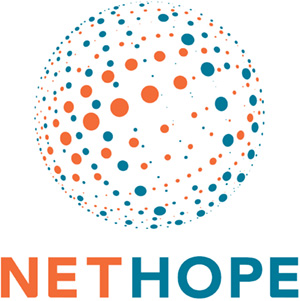
- We, NetHope, in collaboration with our Members and partners, will operationalize and scale the Global Humanitarian ISAC, as a shared digital public good. Through the GH ISAC our community pledges to provide a shared platform run for and by the international nonprofit community to enable intelligence-led approaches, to build knowledge and resilience through peer learning, to foster equitable collaboration, convening, and skills-development for underserved communities, and to facilitate the rapid increase of their uptake of private and public sector led capacity building, in support of Action 2, 4, 7, 8, 10, 11, 12, 13, 15, and 16 of the Accra Call on Cyber Resilient Development.
Global Cyber Alliance pledge in support of Action 11, 12 and 14
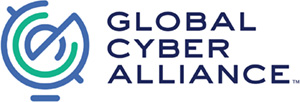
- We, GCA – along with several partners from government, the private sector and civil society – are initiating an effort, Common Good Cyber, to improve the resilience of cybersecurity capacity building and cybersecurity services that the world relies on, by developing innovative models to sustain these efforts, in support of Action 11, 12, and 14 . This effort, Common Good Cyber, is ongoing.
Institute for Security and Technology’s pledge in support of Action 11
- The Institute for Security and Technology will collaborate with a partner in the developing world to implement a public-private collaboration based on the Ransomware Task Force model. This partnership will bring together multinational, regional, and domestic industry, cybersecurity experts, academia and the technical community, and regional and global civil society organizations to highlight priority actions that developing nations can implement to combat ransomware. This will contribute to achieving Action 11 of the Accra Declaration.
International Chamber of Commerce’s pledge in support of Action 1 and 11
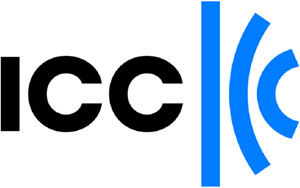
- ICC recognises the critical need for a collective and coordinated effort to address the growing threats in cyberspace. Our endorsement of the Accra Call signifies our commitment to mobilise our global business network in support of Action 1 and Action 11 of the Call. We particularly aim to build capacity that strengthens national institutional capabilities to implement global commitments to decrease cyber threats, thus ensuring the protection of individuals, communities and businesses worldwide.
Orizur’s pledge in support of Action 1, 5 and 8
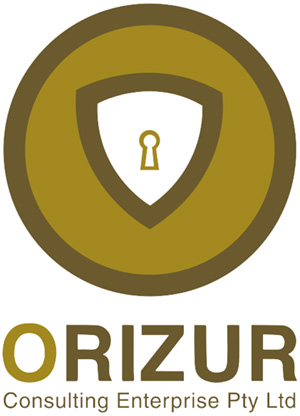
- We, Orizur Consulting Enterprise Pty Ltd, a South African based cyberlaw consultancy, consider cybersecurity as a human right issue, requiring collaborative efforts from all stakeholders in ensuring a safe and compliant cyber secured environment.
- We pledge to conduct research and produce a cybersecurity resilience status report: an African perspective by end of 2024 to encourage decision makers across different strategic areas to prioritise the integration of risk management and cyber resilience into national and regional sustainable development strategies. This pledge contributes to Action 1 of the Accra Call on Cyber Resilient Development.
- We pledge to review the relevant regulatory framework from different Regions of Africa by end of 2024 to determine existing and emerging gaps across policy, legal, regulatory, and institutional frameworks, and the effectiveness of these regulatory frameworks in bridging the skills gaps and digital exclusion. This pledge contributes to Action 5 of the Accra Call on Cyber Resilient Development.
- We plan to establish a Think Tank Cyber Resilience Council by March 2025 that is aimed to create implementation guidelines in support of the established principles from inter alia the 017 Delhi Communiqué on a GFCE Global Agenda for Cyber Capacity Building and influence an inclusive and integrated approach to cyber capacity building strategies that contributes to Africa’s global competitiveness. This pledge contributes to Action 8 of the Accra Call on Cyber Resilient Development.
Neurometrics’ pledge in support of Action 7
- We, Neurometrics, announce the launch of a new regional cybersecurity skills initiative with a focus on SMEs in developing countries. This initiative contributes to Action 7 of the Accra Call on Cyber Resilient Development.
West Africa ICT Action Network in support of Action 7 & 8
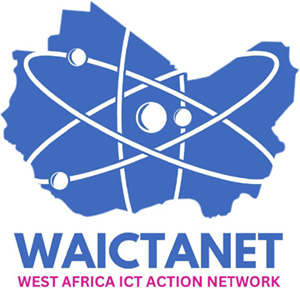
- We, the West Africa ICT Action Network, commit to establishing a regional cybersecurity capacity-building initiative by the end of 2024. This initiative will focus on enhancing the skills and knowledge of cybersecurity professionals in the West African region with focus on Mano River Union Countries ( Liberia, Sierra Leone, Guinea and Ivory Coast), contributing to the objectives set forth in Action 7 of the Accra Call on Cyber Resilient Development. As well as we civil society organization/think tank will create a toolkit by the end of 2024 with practical guidance on how to integrate inclusion-sensitive approaches in cyber capacity building strategies and programs to inform the work of the CCB community and development partners, in support of Action 8 of the Accra Call on Cyber Resilient Development.
The Shadowserver Foundation in support of Actions 9, 11 and 13

- The Shadowserver Foundation pledges to use its world leading free cyber threat intelligence and public Dashboard to help improve cyber resilience globally, and to provide donors, policy makers and implementation partners with qualitative and quantitative data to help improve CCB impact evaluation, in support of Actions 9, 11 and 13 of the Accra call on Cyber Resilient Development.
The Global Anti-Scam Alliance (GASA) in support of Action 13
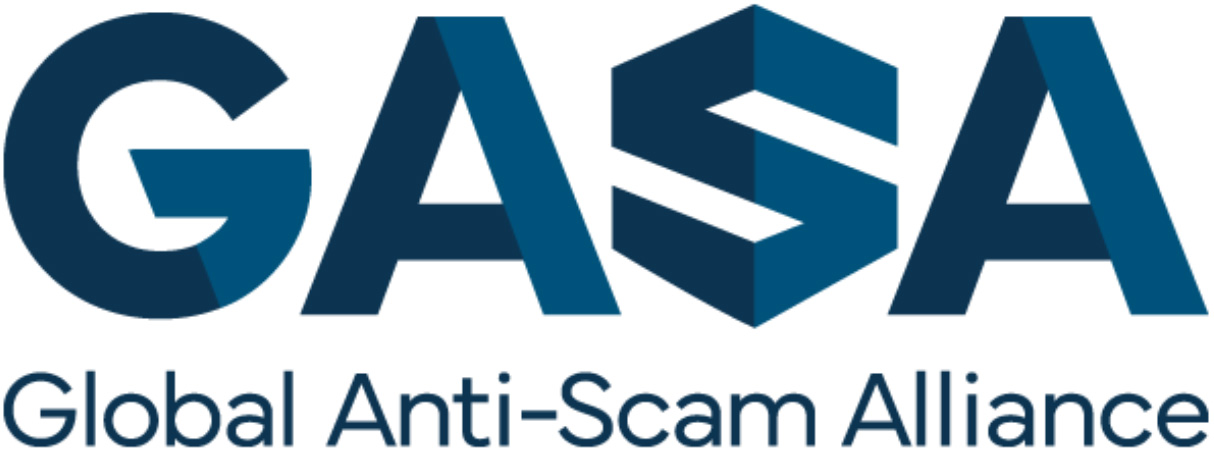
- We – Global Anti Scam Alliance (GASA) – plan to offer in 2024, our CheckMyLink solution to all African countries interested in promoting and making it more easily accessible to their citizens. This pledge relates to Action 13 of the Accra Call on Cyber Resilient Development.
Linear Visions Consulting in support of Action 12
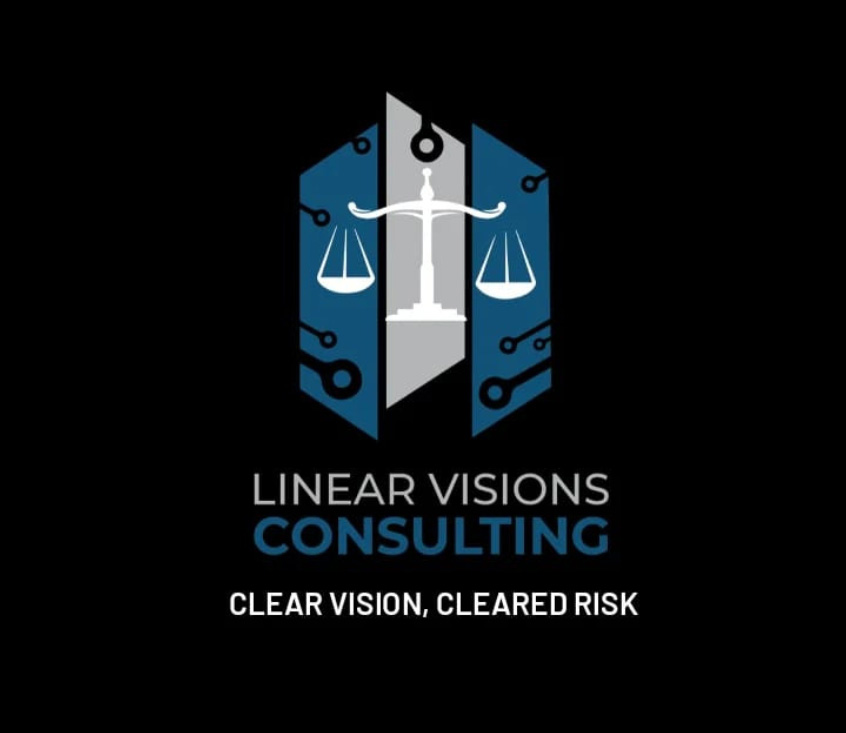
- We as the private sector plan on extending cyber awareness and capacity building to the underserved areas in African states. We pledge to partner with development partners and governments to advocate for digital rights and inclusion in alignment with Number 12 on the Accra Call. We further want to capacitate young women in the neglected rural alongside.
Ghana Internet Safety Foundation (GISF)
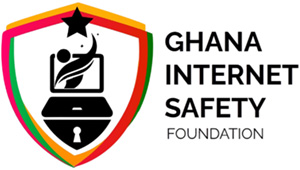
- Professionalizing the Cybersecurity Community: We commit to elevate cybersecurity standards in Ghana by offering certifications and professional development tailored to local needs, aiming to establish a respected cybersecurity profession in the country.
- Affordable and Accessible Cybersecurity Training: GISF will provide economically viable cybersecurity training and services in Ghana, partnering with local entities to ensure accessibility and practical applicability.
- Collaborative Capacity Building: We pledge to collaborate with government, educational institutions, and private sectors, aligning our efforts with Ghana’s national cybersecurity strategy to create an effective capacity-building framework.
- Conclusion: GISF is dedicated to building a skilled, professional cybersecurity community in Ghana, enhancing the nation’s digital security and resilience.
Africa Youth Forum International
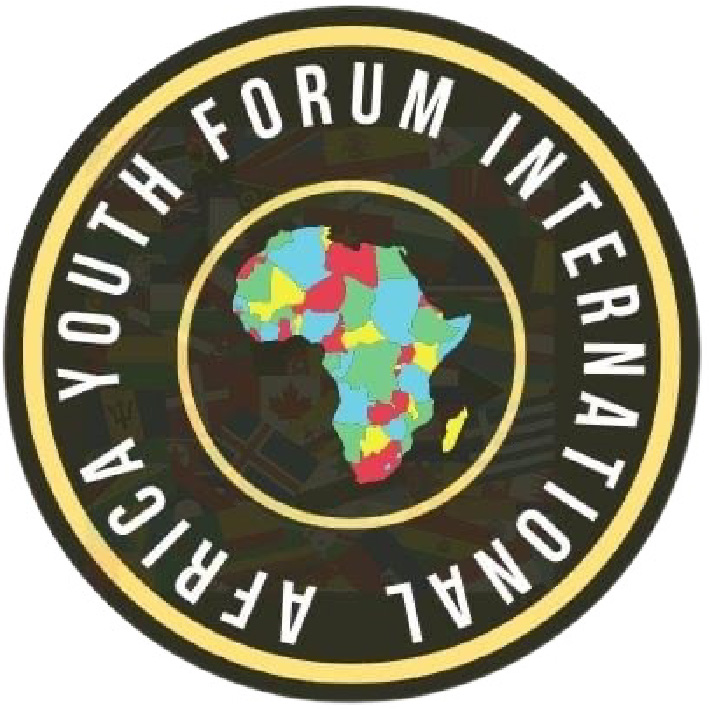
- To support and organize Cyber Awareness Program through our youth engagement initiative program for young entrepreneurs.
Digital Empowerment Foundation
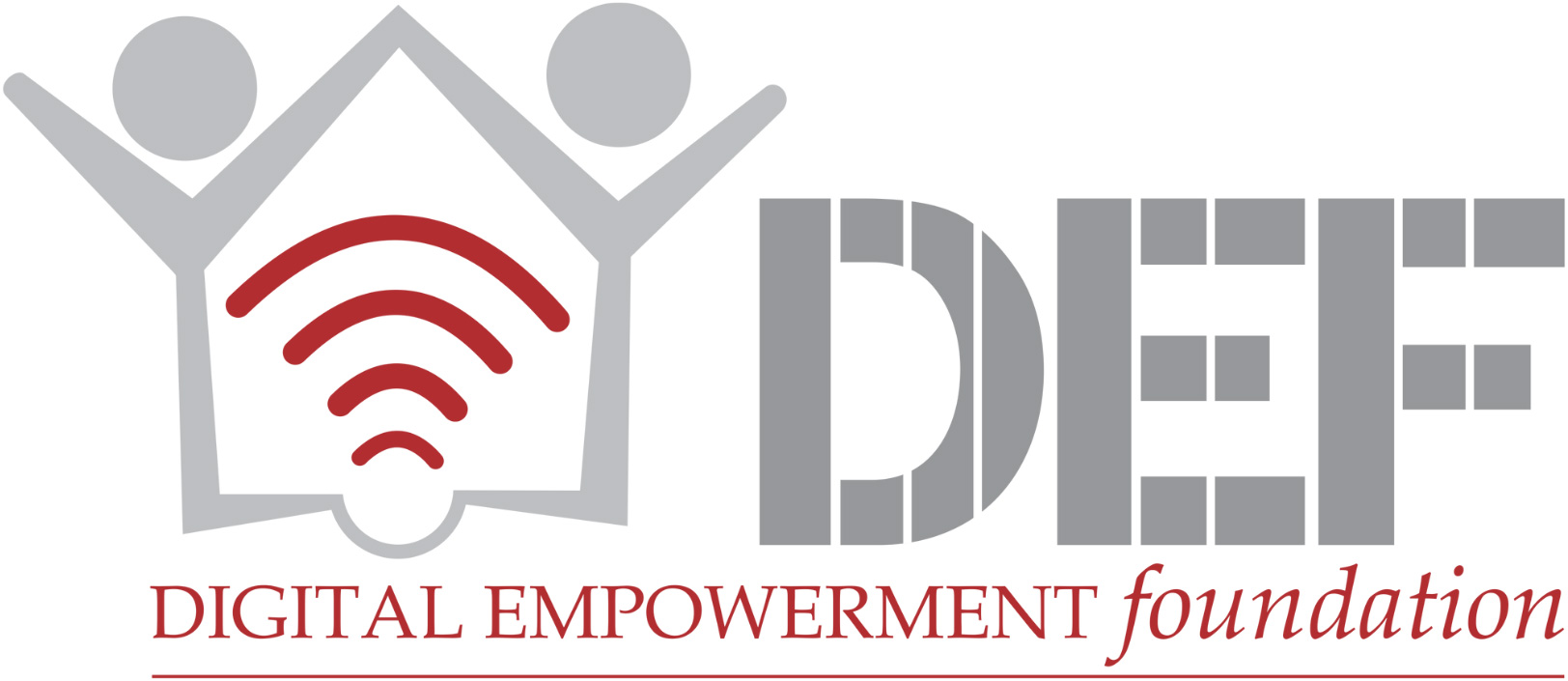
- Cyber capacity of the connected and unconnected are equally essential in order to make the humanity equitable and participative.
BGD e-GOV CIRT in support of Action 2, 4, 7, 8, 10, 11, 12, 13, 15 and 16
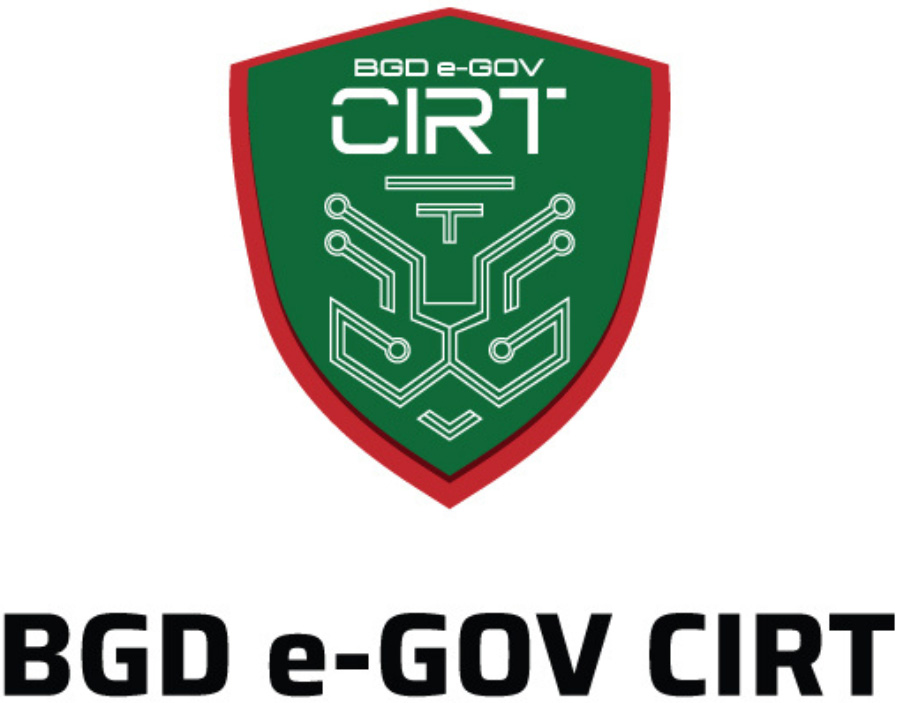
- As BGD e-GOV CIRT, we pledge unwavering commitment to addressing the cyber skills gap by actively supporting initiatives aimed at professionalizing the cybersecurity community. We are dedicated to implementing robust and sustainable measures to effectively measure cyber capacity-building efforts. Furthermore, we pledge to provide affordable and accessible cybersecurity services in developing countries, aligning with Actions 2, 4, 7, 8, 10, 11, 12, 13, 15, and 16 of the Accra Call on Cyber Resilient Development. Through our actions, we aim to contribute significantly to closing the gap in cyber skills, enhancing cyber resilience, and fostering inclusive and secure digital ecosystems globally. We also pledge to review the relevant regulatory frameworks from different regions of Africa to determine existing and emerging gaps across policy, legal, regulatory, and institutional frameworks and the effectiveness of these regulatory frameworks in bridging skills gaps and digital exclusion.
Cyber Defense Africa
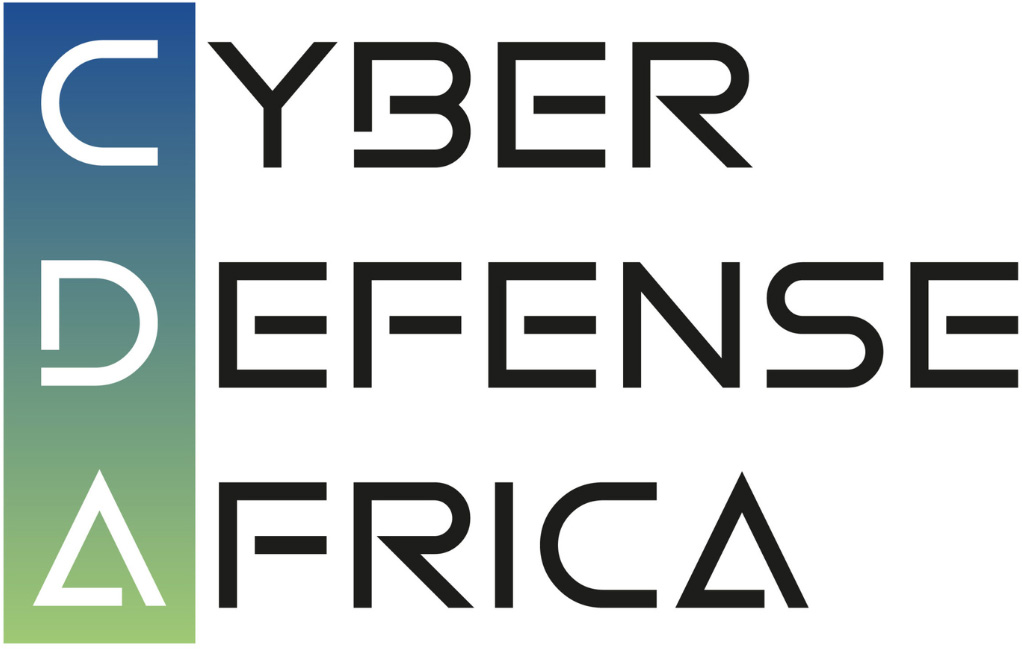
- To share information on threats to other African countries. We will scan on an annual basis the African government country domains and contact their CERTs with any threats detected.
- To provide free consultancy regulatory/technical/commercial/financial engineering services to any African country interested in a Public-Private-Partnership framework similar to the Togolese one.
United States National AI and Cybersecurity Information Sharing And Analysis Organization in support of Action 1,2,5,10,11,13
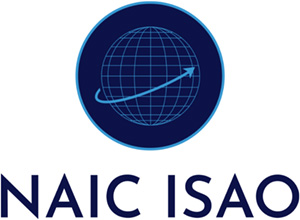
Whereas the digitization of global societies presents unparalleled opportunities for growth and innovation, it concurrently escalates the challenges and complexities in the realm of cybersecurity;
Recognizing the widening gap in cyber capacities between developed and developing nations, and the inherent risks this disparity poses to global cyber resilience and security;
Acknowledging the imperative for concerted, collaborative efforts in cyber capacity building to address these challenges, particularly in under-resourced regions;
Affirming the U.S. National AI and Cybersecurity Information Sharing and Analysis Organization’s (NAIC ISAO) commitment to the principles of international cooperation, knowledge exchange, and collective action in the field of cybersecurity;
Hereby:
- Endorse ‘The Accra Call’, as a significant collective action supported by over 50 nations and organizations from all over the world , aimed at reinforcing cyber capacity building globally.
- Commit to integrating the objectives of ‘The Accra Call’, specifically actions 1, 2, 5, 10, 11, and 13, into the operational framework of our Cyber Diplomacy Working Group, thereby aligning our strategic initiatives with these global efforts.
- Establish within our newly formed Critical Infrastructure Task Force, a sub-committee dedicated to Cyber Capacity Building. This sub-committee will focus on mobilizing our diverse membership base in direct support of the initiatives outlined in ‘The Accra Call’.
- Pledge to leverage our expertise, resources, and international network to advance the goals of ‘The Accra Call’, fostering a more inclusive, resilient, and secure digital future for all nations.
CyberPeace Institute in support of Accra Call Action 5,6,7,9,10,11 and 13
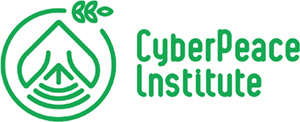
- The CyberPeace Institute will continue to support cyber capacity building of the most vulnerable communities. The Institute works closely with development and humanitarian NGOs to support their cyber preparedness in the face of cyber threat landscape evolution, like AI enhahnced threats, and protection under the CyberPeace Builders program – which assists NGOs to build cybersecurity capacity through a trusted and dedicated network of corporate partners who provide volunteers and funding to enable the provision of this support – including via the Humanitarian Cybersecurity Centre, and other initiatives that tap into the potential of multistakeholder and public-private cooperation, focusing on developing countries, in support of Action 6, 7, 11 and 13 of the Accra Call on Cyber Resilient Development.
- The CyberPeace Institute will continue to scale up our CyberPeace Academy to strengthen and promote cyber resilience knowledge and skills, particularly among the development ecosystem’s donors, implementers, and partner organizations, in support of Action 3 and 4 of the Accra Call. The Institute will ensure that effectively address the prevalent cybersecurity skills gap and its gendered dimension, in support of Action 7 of the Accra Call
- The CyberPeace Institute will continue to trace and analyse cyberattacks, the evolving threat landscape and the enhanced risks and threats brought by emerging technologies like artificial intelligence to increase knowledge and awareness of their societal impact, via our Cyber Incident Tracers platforms. We will advance the development of a harm methodology as a standardized way for measuring harm stemming from cyberattacks to increase knowledge of their human costs. This work will inform resource allocation on cyber capacity building and provide means to affirm the real harm of a cyberattack to communities around the world. The CyberPeace Watch, an interactive online platform that provides a publicly accessible baseline of data to understand and share knowledge about cyberattacks, including threat analysis, societal harm, applicable laws and norms, and related paths for accountability, aims to fill this gap. The platform’s goal is to assess cyberpeace based on evidence of the societal harm caused by cyberattacks and the actions taken by states and other relevant actors to strengthen responsible behaviour in cyberspace, in support of Actions 5, 6, and 9 of the Accra Call. This is an important contribution toward ensuring that capacity building is driven by the actual needs on the ground and informed by where attacks cause most harm, in support of Actions 5, 6, and 13 of the Accra Call.
- The CyberPeace Institute will contribute to providing a roadmap for States to outline how potential coordination and integration with existing development programs and funds could unlock further funding in cyber capacity building. It is vital that the legal and normative frameworks for cybersecurity and cybercrime leverage the potential of existing capacity-building initiatives and do not duplicate the already established organizations, in support of Action 12 of the Accra Call.
- The CyberPeace Institute will promote capacity-building initiatives that are designed in tandem with the normative and legislative frameworks for cyberspace to achieve their effective implementation. Capacity-building efforts must involve all types of stakeholders, especially micro and small medium businesses, social impact entrepreneurs and NGOs working in close proximity to the local communities. The Institute will keep calling on policymakers to put emphasis on meeting the specific needs of developing countries in the design of cyber capacity programmes, in support of Action 7 and 10 of the Accra Call.
- The CyberPeace Institute will ensure needs-driven approaches in further expanding and scaling capacity-building initiatives devoted to policy makers and donors to build long term organizational resilience amidst convergence of disruptions brought by emerging technologies, like artificial intelligence and future quantum computing, tailoring proposed interventions to the local context and working in close collaboration with local partners, in support of Actions 5 and 7 of the Accra Call.